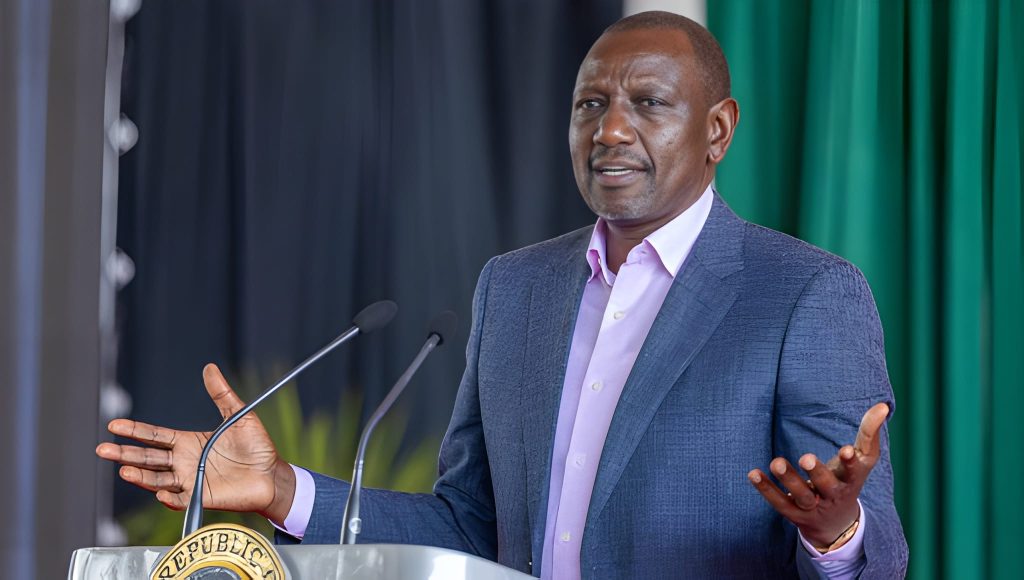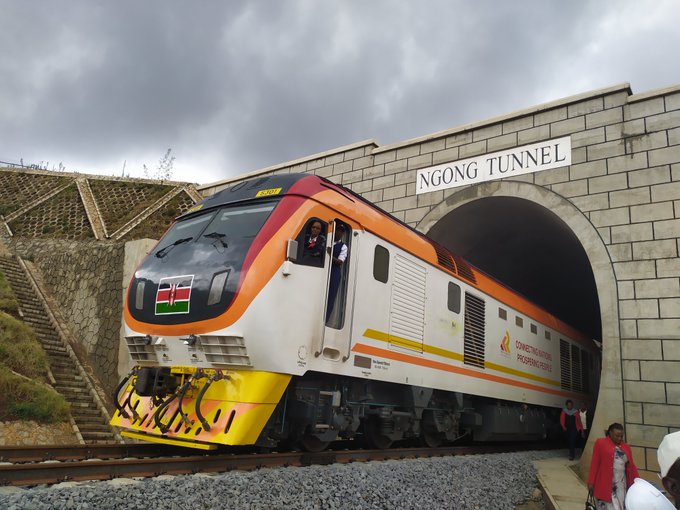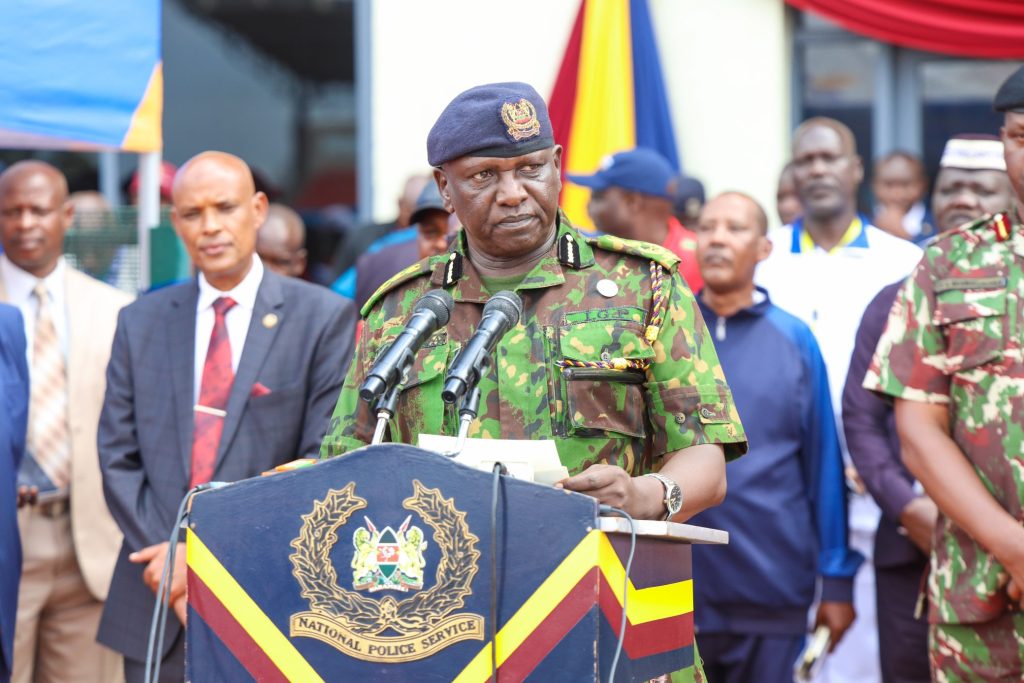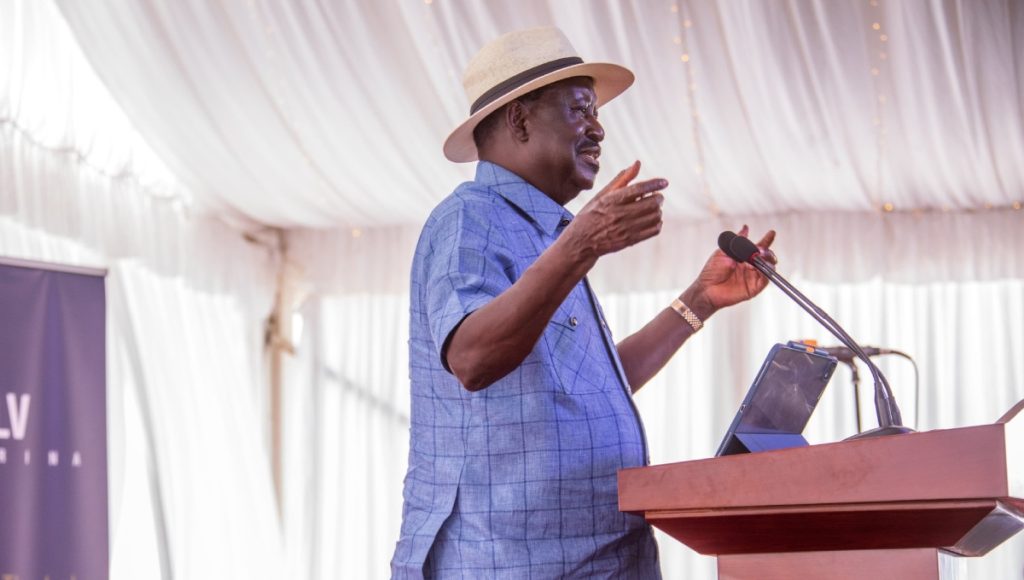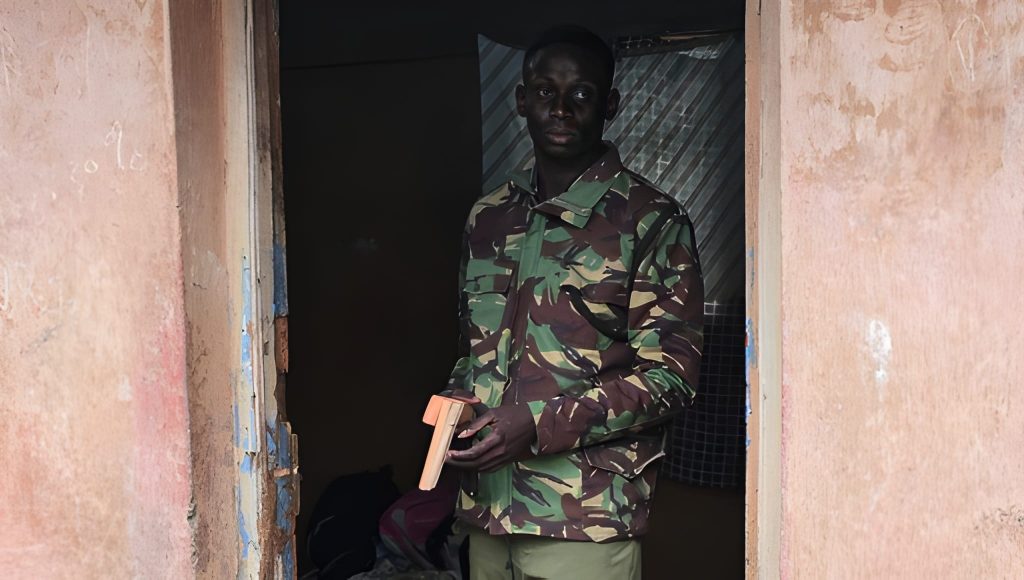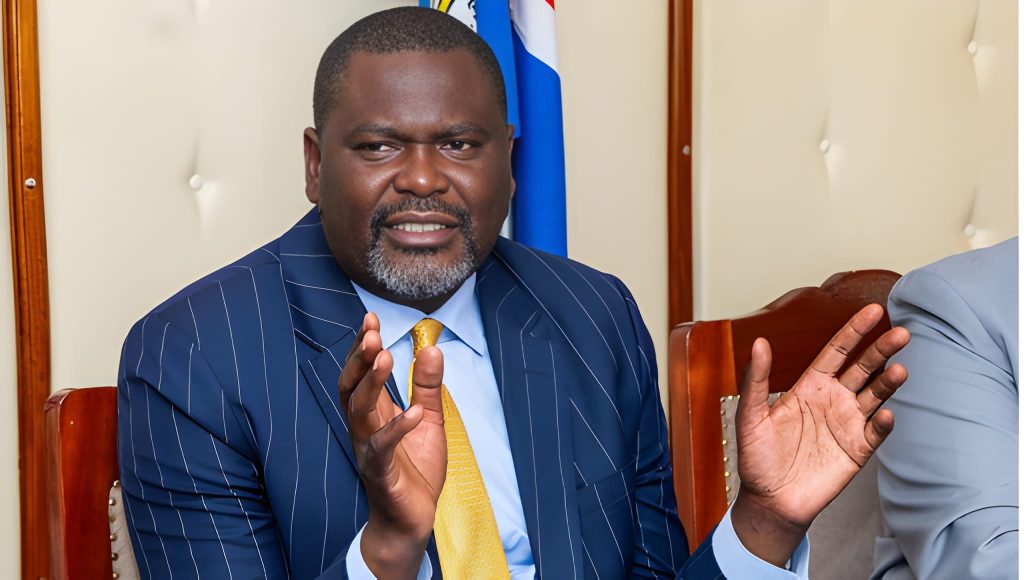President William Ruto has come out strongly to defend the construction of a modern church at State House, Nairobi, amid growing public outrage over the project.
Speaking during during a Sunday service at St. Mark’s College, Kigari, the Head of State dismissed claims that the new chapel costs KSh 1.2 billion, terming the figures as wild exaggerations.
“Ile kanisa tunajenga pale ni ya kutoshana na wale watu tuko nao State House. Sijui hao wengine wametoa wapi mabilioni,” said President Ruto, insisting that the church is designed to accommodate about 300 congregants, primarily State House staff and security officers and not the 8,000 capacity that has been reported lately.
The President revealed that he found the State House church in a dilapidated state when he assumed office, describing it as a structure over 100 years old, with rotten timber and a leaking roof. He said it was only logical to renovate it alongside the residential and official premises at State House.
“Nimekuja pale nikapata State House ni nyumba imejengwa miaka 120 iliyopita, mbao zimeoza na paa linavuja. Nikasema acha nirekebishe. Sasa mnataka nirekebishe State House niishi mahali pazuri halafu kanisa la Mungu libaki la mabati?” posed the President, in a firm tone directed at his critics.
Ruto also sought to clarify that he was not the one who initiated the establishment of the State House chapel. “Pale State House sio mimi pekee yangu nakaa. Niko na familia karibu mia tatu, wafanyakazi wa pale, maaskari na wengine. Na si mimi niliianzisha kanisa State House,” he stated.
He took a swipe at those questioning the leadership of the church, recounting: “Niliskia mwingine akiuliza nani atakuwa Bishop,” before noting that there is already a chaplain who has been serving at the chapel long before his presidency, and who will continue in that role.
The President reaffirmed his commitment to completing the construction of the church despite the backlash, describing the move as necessary and in line with upgrading the entire State House complex. “We must give God a decent place of worship that matches the standards of where we live and work,” he said.
His remarks come as Kenyans continue to debate the priority and legality of such a project at a time when the country is grappling with economic challenges.



